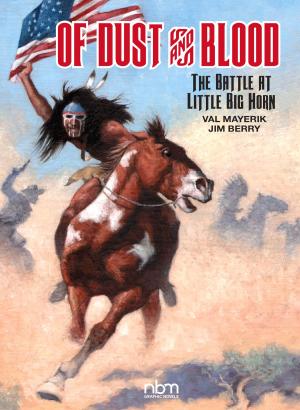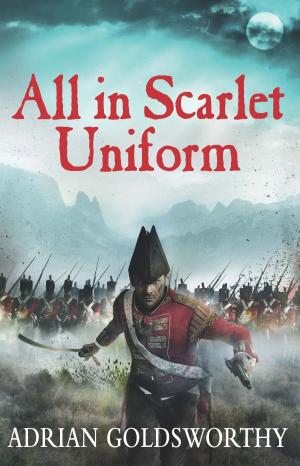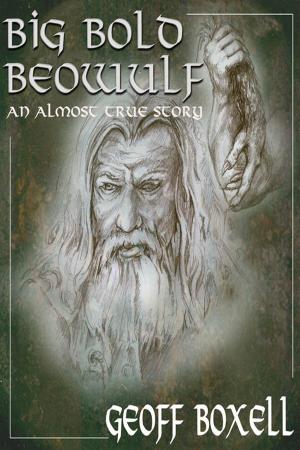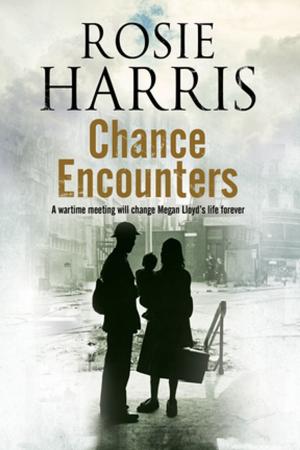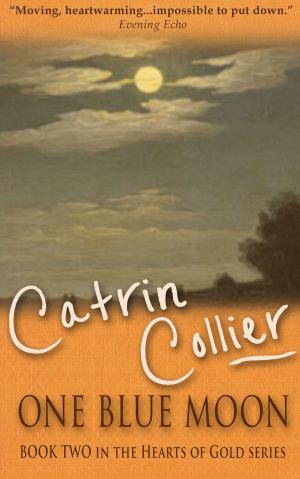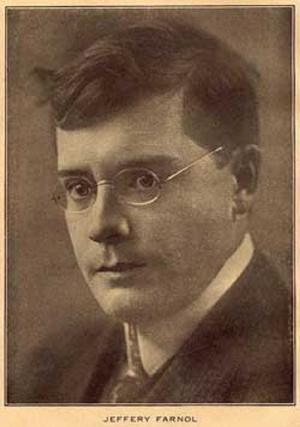My Underground War
The True Story of how a Group of British Prisoners-of-War Fought Back against their Nazi Captors
Biography & Memoir, Historical| Author: | Albert Clack | ISBN: | 1230002904092 |
| Publisher: | Albert Clack | Publication: | February 6, 2014 |
| Imprint: | Language: | English |
| Author: | Albert Clack |
| ISBN: | 1230002904092 |
| Publisher: | Albert Clack |
| Publication: | February 6, 2014 |
| Imprint: | |
| Language: | English |
This is a gripping yarn of capture, resistance, and liberation, revealing for the first time how a young soldier in the Royal Engineers and a close-knit group of chums carried on the war despite their imprisonment, and even got away with killing a couple of Nazi guards who had ruthlessly bullied frail prisoners. That young soldier, Albert Edward Clack, was my father. The first part of this book covers his capture near Dunkirk in 1940 and his nearly five years in the Stalag VIIIB prisoner-of-war camp. For most of this time he endured forced labour and occasional beatings in a coal mine. The second part relates his escape from the ‘March of Death’, when the Germans forced prisoners-of-war to trudge westwards through snow and ice in January, 1945. After giving his guards the slip, he was assisted out of harm’s way by front-line storm-troopers of the Red Army. Criss-crossing Poland amidst the chaos of the Soviet advance and the German retreat, he and three other escaped prisoners found refuge with Polish families, until they were put on a train to the Ukrainian port of Odessa, there to board a ship home to England. When Dad died in 1984, he left me the manuscript of this true story. I have changed some names because, even if they were still alive, it would be extremely difficult to find them 70 years later; and I have improved the literary style for ease of reading; but I have altered none of the substance of the events described. Please note that it is a short book. I had always felt proud of what Dad did in the War; but it was not until later in life that I truly appreciated how much being able to live a normal family life in freedom afterwards must have meant to him after the long years of fear and uncertainty that he endured as a POW; and it is only through editing this manuscript that I have come to realise quite what a nightmare that experience must have been, despite the optimism which rings through his text. Albert John Clack - Son & Editor
This is a gripping yarn of capture, resistance, and liberation, revealing for the first time how a young soldier in the Royal Engineers and a close-knit group of chums carried on the war despite their imprisonment, and even got away with killing a couple of Nazi guards who had ruthlessly bullied frail prisoners. That young soldier, Albert Edward Clack, was my father. The first part of this book covers his capture near Dunkirk in 1940 and his nearly five years in the Stalag VIIIB prisoner-of-war camp. For most of this time he endured forced labour and occasional beatings in a coal mine. The second part relates his escape from the ‘March of Death’, when the Germans forced prisoners-of-war to trudge westwards through snow and ice in January, 1945. After giving his guards the slip, he was assisted out of harm’s way by front-line storm-troopers of the Red Army. Criss-crossing Poland amidst the chaos of the Soviet advance and the German retreat, he and three other escaped prisoners found refuge with Polish families, until they were put on a train to the Ukrainian port of Odessa, there to board a ship home to England. When Dad died in 1984, he left me the manuscript of this true story. I have changed some names because, even if they were still alive, it would be extremely difficult to find them 70 years later; and I have improved the literary style for ease of reading; but I have altered none of the substance of the events described. Please note that it is a short book. I had always felt proud of what Dad did in the War; but it was not until later in life that I truly appreciated how much being able to live a normal family life in freedom afterwards must have meant to him after the long years of fear and uncertainty that he endured as a POW; and it is only through editing this manuscript that I have come to realise quite what a nightmare that experience must have been, despite the optimism which rings through his text. Albert John Clack - Son & Editor

